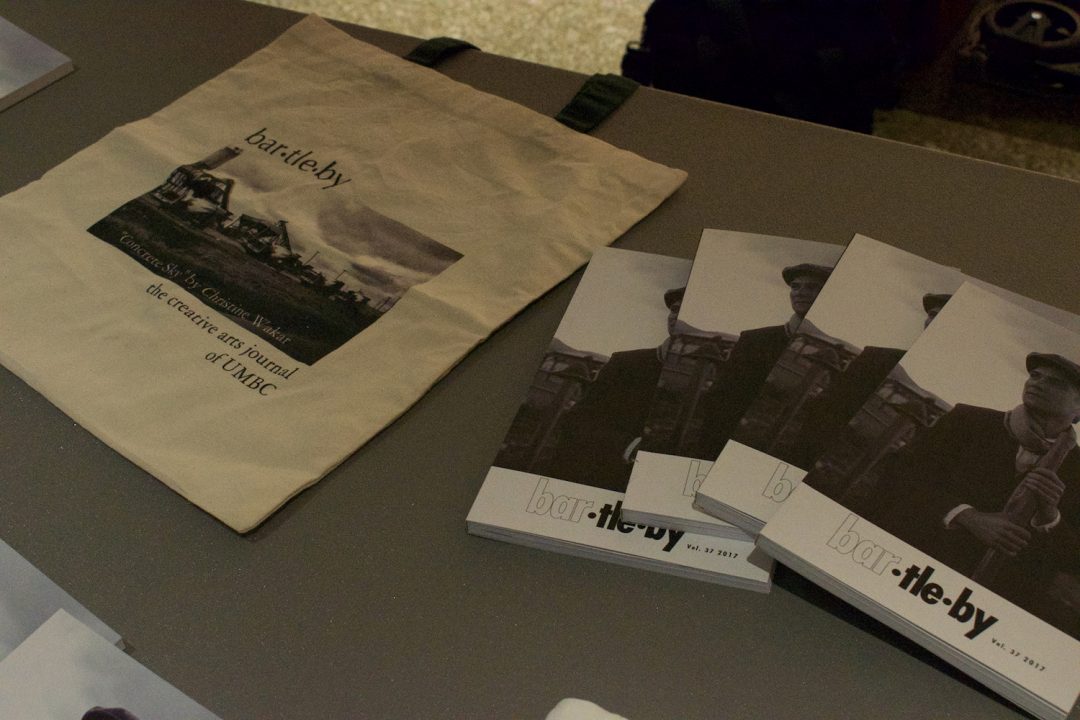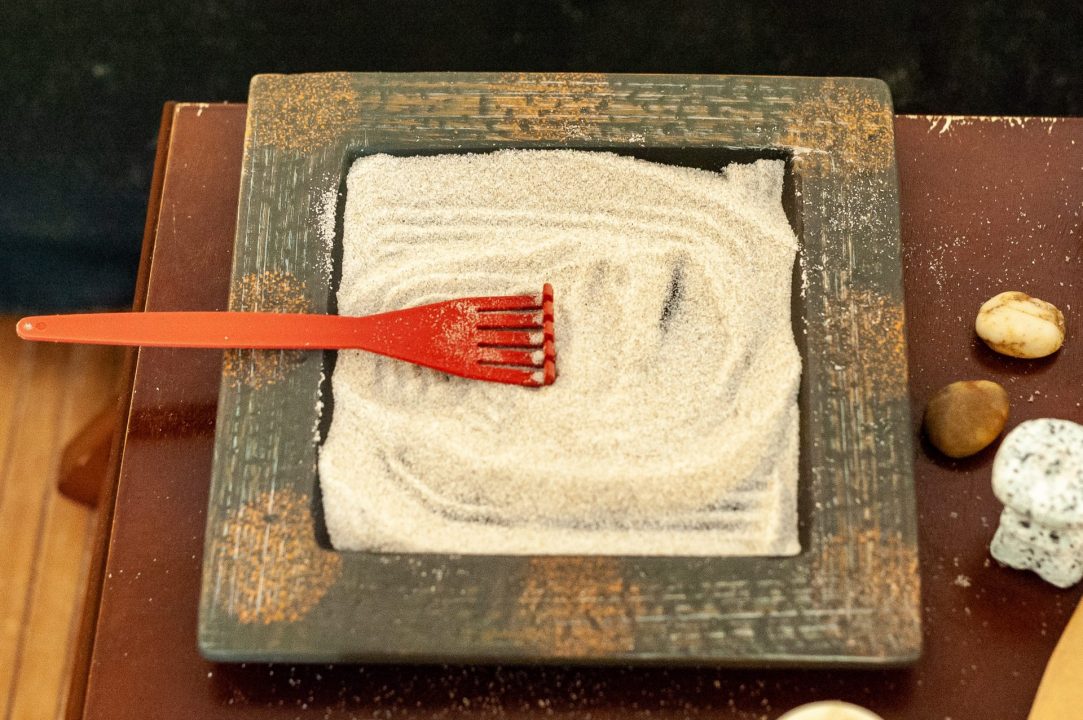A team of UMBC students was one of 55 to win the bronze medal at this year’s iGEM (International Genetically Engineered Machine) Giant Jamboree. This year there were 259 teams from around the world at the competition. May Li, a senior majoring in biochemistry, and Sam Keating, a senior majoring in chemical engineering, were two of the students on UMBC’s team.
“The spirit of this competition is that everything is open source,” Li said of the competition. “Free is a big concept. [It means] giving people access to do science with limited resources.”
Because of the open nature of the competition, groups are encouraged to expand upon what past teams have accomplished. Each team keeps a Wiki with extensive details on their projects that stays on the iGEM site.
The UMBC team chose to expand upon a previous iGEM project and work on heavy metal remediation. Their goal was to use cells to clean up heavy metal pollution in water sources. “Part of our motivation for this project was because we live so close to large bodies of water like the Chesapeake Bay,” said Li.
“[The bay] has six and a half times the toxic level of drinking water,” Keating added.
The team didn’t succeed in finding a solution, but they made strides in their research. The iGEM competition focuses more on the developmental and outreach aspects of projects.
“We got to see some really cutting edge research and some cool techniques that you don’t really learn from classes here by leading scientists at MIT,” Li said.
Keating added, “If there’s one word I would take from the entire conference it would be limitless, because that’s what genetic engineering is today.”
Thanks to support from several sources, including the SGA, the biology and chemistry departments, the college of math and science and the interdisciplinary studies department, the team was able to fund their trip to the jamboree. The group is currently an official student organization, but they are looking to move away from that status, as being designated a research group may make it easier to obtain funding.
The team also hopes that taking home bronze will help them in the future with fundraising, under the guidance of Cynthia Wagner, UMBC’s senior lecturer in biology.
“We’d like to convince the university that it’s a worthwhile investment for lots of different reasons,” Wagner said. “For the student perspective, but also the university perspective in terms of getting out there and participating in this competition.”
Participating in the Jamboree was valuable for the UMBC team, not just because of the real world experience they gained. The group interacted with students from across the world who were also interested in scientific research.
“It was really incredible to see what these students have done with some guidance and their creative imagination,” said Wagner.
Visit the team’s website at http://2015.igem.org/Team:UMBC-Maryland





